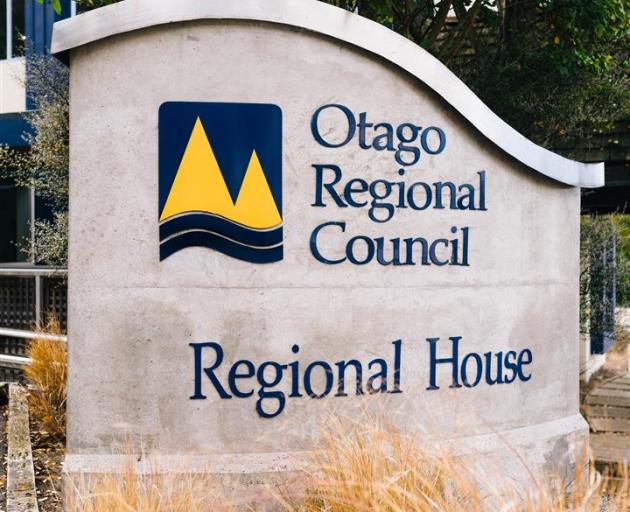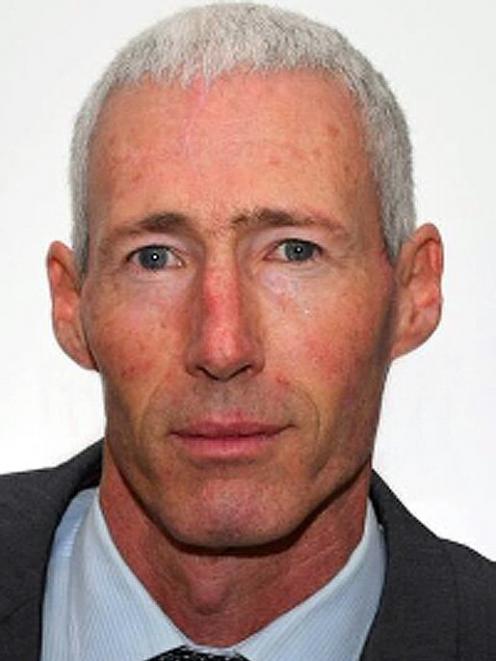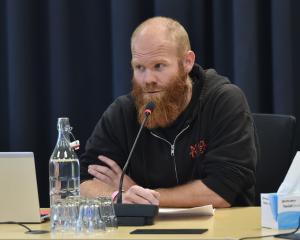
Another says some councillors are unreasonably opposed to every step of the process to notify the plan and hope to "sow unfounded seeds of doubt" to prevent overdue regulations needed to protect the region’s water.
Otago Regional Council staff were required to produce a report for Environment Minister Penny Simmonds on the "costs, benefits and implications" of the council’s actions after councillors voted 7-5 in March to notify the plan ahead of a review and revision of the national policy statement for freshwater management (NPSFM), expected to take up to two years.
The council decision to notify the plan on October 31 went against the recommendation of Ms Simmonds and other government ministers.
She called for the report in March, but has yet to spell out exactly what she will do with it — other than to say "further engagement" with the council was possible.
The draft report — set to go to the minister after today’s meeting if councillors approve it — justifies the council’s early notification date.
It said the plan’s notification would provide certainty for existing land use activities.
Over time, there was a risk that the council’s plan could regulate some matters that were no longer required to be regulated by the new NPSFM, it said.
However, the council planned to manage that risk by making sure the plan had "suitable transitional provisions", the report said.
"As is common in policy development processes, the draft plan has been progressing through previous iterations of the NPSFM.

When councillors received a draft of the report at the start of this month, Cr Gary Kelliher, who voted against notification before the new NPSFM, wrote to council chief executive Richard Saunders to express his displeasure.
He called the draft report "utter propaganda waffle" that described "ideological beliefs" and left out the "true impacts" of the plan.
The report’s description of proposed increased minimum flows on the Manuherikia River was noticeably misinformed, Cr Kelliher said.
"The supposed certainty is only that those at risk under this plan are certain to be fighting for years.
"The extent of new consenting required under the [plan], the impact on established land uses, the anti-forestry direction, and the improving 10 year trends in water quality all go unrecognised.
"I am hopeful the minister will see the theme of the paper for what it is, a highlighting of the ideology and a masking of the true impacts, that will have Otago fighting amongst itself and spending millions at that for years," he said.
On the other hand, Cr Elliot Weir said the report appeared "comprehensive and thorough".
"There are some minor adjustments that we should make (as is the nature of a draft); however some councillors will be opposed to this report in the way they are opposed to every reasonable step of the process; to delay the inevitable as much as possible, or even to sow unfounded seeds of doubt in the hopes of undermining necessary and overdue regulations," Cr Weir said.
Cr Alan Somerville also backed the report.
"Change is a constant in the planning and regulatory landscape we operate in," he said.
"As with so many things, there are costs in taking action but there are also costs in not taking action.
"These can be much greater in the long run."
Cr Somerville said the report rightly set out the costs that would accrue if the council delayed notification of the plan.
"I particularly note that delay risks ‘the potential for more stringent restrictions being required in the future to manage water quality if water quality deteriorates and bigger solutions are needed’.
"The longer we operate with a plan that does not deal with the known challenges in the region, the more prolonged, expensive and disruptive it will be to bring about improvement."












